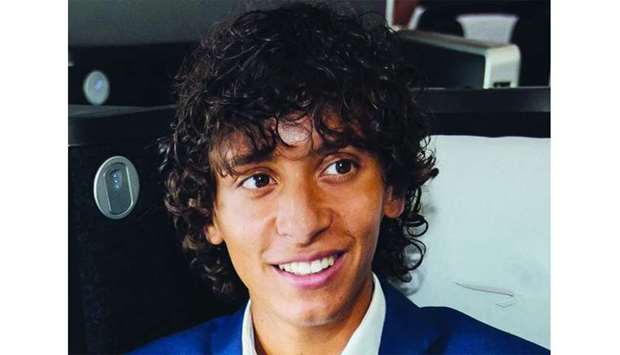If there’s one certainty amid all of the uncertainty…it’s this — we all need up mask up.
Why do we need a mask? While the cabin air is filtered by HEPA (high efficiency particulate air) filters which are very effective at trapping microscopic particles as small as bacteria and viruses. They are effective at capturing greater than 99% of the airborne microbes in the filtered air — the person-to-person risk remains in the form of close proximity.
Fresh air is continuously introduced during the flight, on some aircraft such as the A350 XWB or Boeing 787 Dreamliner (two aircraft types currently dominating the Qatar Airways active fleet in Doha) in every 2-3 minutes. The cabin air is constantly flowing, fresh air enters via the top of the aircraft, passes through the HEPA filters and is pushed down to the floor, meaning the air in the aircraft does not stay stagnant. The majority of modern, large, commercial aircraft, which use a recirculation type of cabin air system, utilise HEPA filters. A small number of older aircraft types have filters with lower efficiencies — but these aircraft are becoming increasingly rare.
As the ‘new’ air enters the cabin from outside, the same quantity of ‘used’ air from the cabin is expelled overboard via the pressurisation outflow valves, such that it is fully renewed/exchanged with fresh air about every two to three minutes. For comparison, air in hospital rooms and classrooms is exchanged about every 10 minutes and about 20 minutes in offices. The fresh air from outside the aircraft is naturally free from any pathogens at the high cruising altitudes where airliners operate.
But scientists agree that while HEPA filters are highly effective at capturing everything from viruses to skin flakes, the problem remains that passengers can still breathe in tiny floating droplets from another passenger seated nearby — before the air carrying those droplets can be vented out of the cabin and filtered. This is why, for extra protection, airlines have now implemented mandatory mask policies for all passengers and crew onboard.
Now, IATA is emphasising the need for passengers to comply with mask rules following recent reports (I’m sure you’ve seen some of the videos that have surfaced online) of travellers refusing to wear a face mask during the flight.
“This is a call for common sense and taking responsibility. The vast majority of travellers understand the importance of face covering both for themselves as well as for their fellow passengers, and airlines appreciate this collective effort. But a small minority create problems. Safety is at the core of aviation, and compliance with crew safety instructions is the law. Failure to comply can jeopardise a flight’s safety, disrupt the travel experience of other passengers and impact the work environment for crew,” said Alexandre de Juniac, IATA’s director-general and CEO.
According to tests at the University of Edinburgh, face covering, when properly worn, can cut the forward spread of potential Covid-19 droplets from the mouth by 90%.
“The research we have seen to date, and our own investigations with the world’s airlines, tell us that the risk of catching Covid-19 on a flight remains very low. There appears to be a number of factors supporting that. The high flow rate of cabin air from top to bottom, constant filtering of air through state-of-the-art HEPA filters, the fact that all seats face the same direction and of course wearing a face covering and sanitisation of the aircraft all play a part,” said IATA’s Medical Advisor, Dr David Powell.
“This is not just about protecting yourself. It’s about protecting everyone else on the flight,” he said.
The airlines of the Lufthansa Group are restricting the exceptions from the obligation to wear a mask on board their flights. From 1 September 2020, an exemption from the obligation to wear a mask during the flight for medical reasons will only be possible if a medical certificate is presented on a form provided by the airline. Passengers can download the document from the airlines' websites.
In addition, passengers who are unable to wear a mask during the flight must present a negative Covid-19 test, which is not older than 48 hours at the scheduled begin of the journey. This ensures maximum safety for the passengers travelling with them.
As of today, passengers will be comprehensively informed about the new requirements.
The airlines in the Lufthansa Group already introduced compulsory masks onboard their flights at the beginning of May, making them one of the first airlines worldwide to do so. Exceptions to this rule were previously only possible with a medical certificate. The new rules on the compulsory wearing of masks now ensure even better protection for all passengers.
All major US airlines have mask rules and have banned at least a couple hundred passengers who have refused to comply. Typically, the violators are adults who argue that there is no government requirement to wear a mask — there isn’t, as the Federal Aviation Administration has declined to impose one, leaving it in the hands of the airlines.
On Thursday, Delta Air Lines announced that it will continue blocking middle seats during the holidays and through at least January 2021.
* The author is an aviation analyst.

